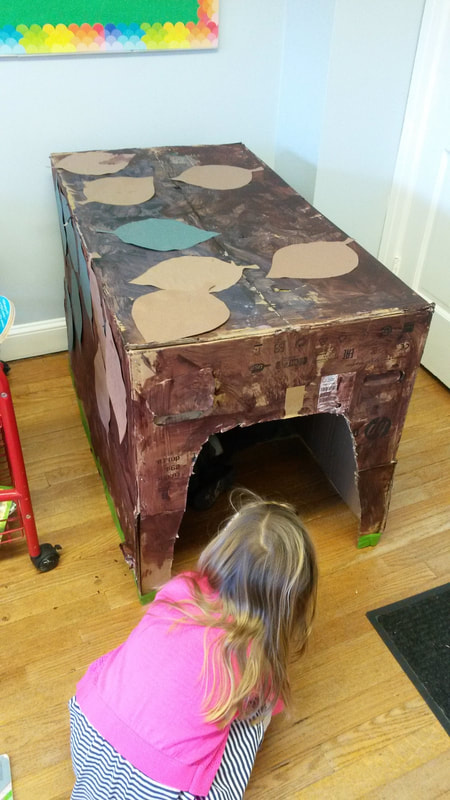
—————-Here at Psychological & Educational Consulting, we are happy to be celebrating National Play Therapy Week from Feb. 4th through the 10th!
As play therapy and therapists are celebrated this week, we wanted to celebrate a child’s most important play partner, their parents! As you know, play is the most predominant way a child knows how to communicate, process, and work through events in their life, whether they are positive or scary.
For many parents, play may come naturally and for others, they may not be sure ‘how’ to play or ‘how’ to engage their child in a meaningful way. Here are three play tips for you and your child during your play time:
Set aside a designated play time
You may choose 30 minutes or 60 minutes. However long you choose to play, make sure not to engage or attempt to multi-task during this time. Choose a space, whether it’s your play room, your child’s bedroom, in the backyard, or even your bedroom. Ask your child to choose a theme to begin (e.g., play doh, puzzles, dinosaurs, blocks, Barbie dolls). Bring the toys to your designated space and let your child begin.
Let Your Child Take the Lead
As your child creates the scenarios and dilemmas in the play, join him by expanding on the theme that hes’ created. For example, if the baby dinosaur is in distress, you can choose to become the mama or papa dinosaur who will come to save the baby. If you child begins to build with blocks, add to the main building and give it a name.
During this time, also listen to your child’s themes. Children tend to re-create situations that are confusing or distressing to them with the hopes of finding solutions. Perhaps you can be a part of encouraging the solution. Play is a form of communication for your child who may not yet have the complex language to express their feelings of fear, sadness or stress. This will also give you an idea of where your child is struggling as well as a place to start in conversation the next time you are in the car or at the dinner table.
During play, you may also choose to put closure on a situation that your child is processing that is distressing. For example, if your child watched you fall down the stairs or knew that you were in a car accident, she may re-enact the car accident or the slip down the stairs. Use this time to show that the mama or papa dinosaur or figure was in accident, it hurt, but now they are okay. It is not uncommon to watch your child re-enact the teacher-student dynamic from the classroom. This will give you a glimpse of the type of interactions that are taking place in the classroom between students and between teacher and students. If your child is struggling academically, you will begin to hear this (e.g., “You didn’t write the letter “S” correctly, write it 5 more times). Help your child to create a corrective experience through the play (e.g., It’s okay if you didn’t write the letter “S” correctly. You just may need to practice and I can do it with you).
Keep It Positive
During the time that you and your child are playing, praise your child’s ideas and validate them (e.g., let your dinosaur talk about a time when they felt scared too. Avoid any urge to ‘correct’ your child’s play or to push him to play one game over another or, in one way versus another. When you are done playing, share with your child that you really enjoyed playing with her and you can’t wait to do it again.
With that said we embrace Virginia Axline’s description of the benefits of play therapy…
“enter into a child’s play and you will find a place where minds, hearts and souls meet.”
Parent Resources for more information…
Meet Andrew…
https://m.youtube.com/watch?list=PLkcL9Y5Tc7Iy-QNzgNDlr0fwV_bGPoW2u&feature=youtu.be&v=reJpo-GaopM
Play Therapy Makes a Difference
http://www.a4pt.org/page/PTMakesADifference
Thank you to APT for the above resources.
Parent Resources for more information…
Meet Andrew…
https://m.youtube.com/watch?list=PLkcL9Y5Tc7Iy-QNzgNDlr0fwV_bGPoW2u&feature=youtu.be&v=reJpo-GaopM
